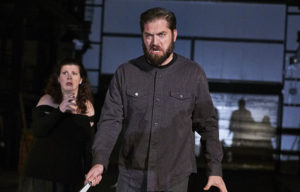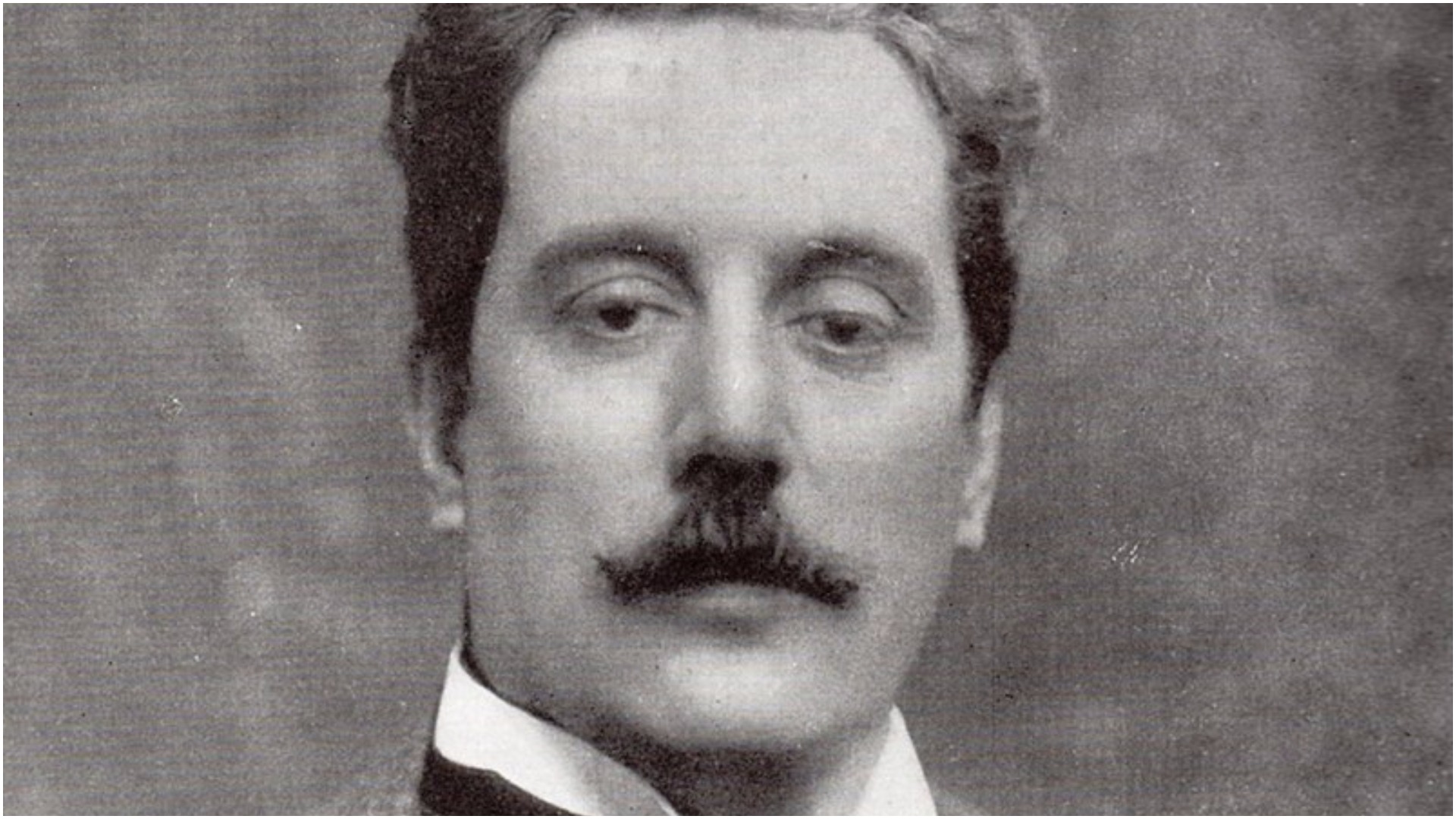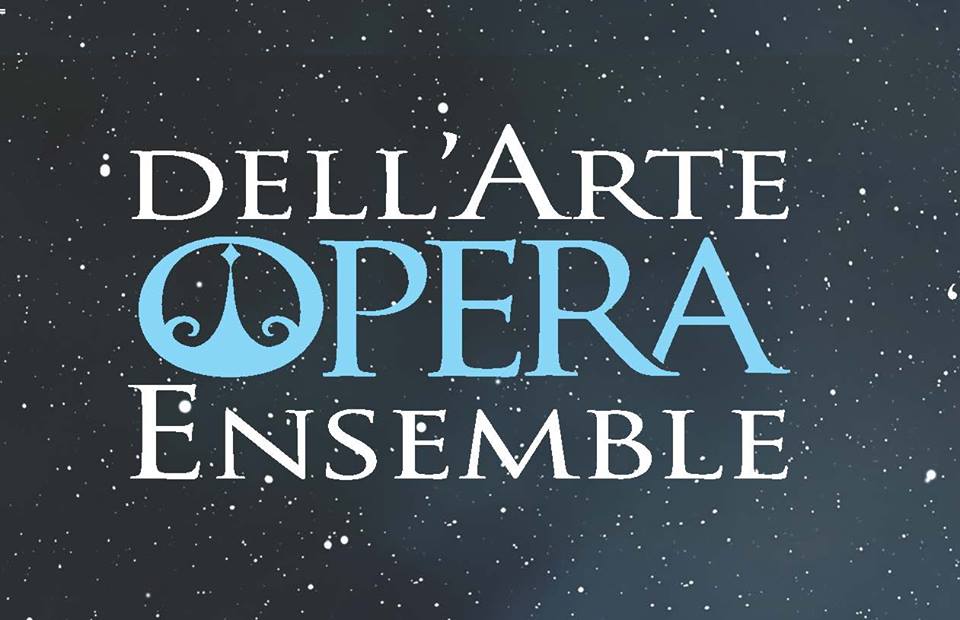
LoftOpera 2016 Review – Macbeth: Ambience & Extraordinary Dramatic Goods Make This a Party Worth Attending
By David SalazarThis review is for the final performance of the run on Dec. 18, 2017 and was written in collaboration with Francisco Salazar.
How do you get younger audiences to engage with that “old” and “outdated” art form known as opera?
That is the eternal question for the major opera houses around the world as they look to find a viable model for long-term sustenance. The solution in many cases has been via technology and modern theatrical traditions. Marketers have looked toward the old adage that “sex sells” in how they promote their artists and companies.
The results are unknown at the moment and will likely be more apparent in years to come when the current generation of millennials comes into its middle age.
Welcome to An Opera Party in the 21st Century
LoftOpera does not seem at all concerned with this as the company virtually sold out every performance of its recent run of Verdi’s “Macbeth” at the MAST Chocolate Factory in the Brooklyn Navy Yard.
The LoftOpera experience is undeniably like no other in the New York opera scene. Where most companies aim to emulate the more traditional theatrical experience you might find at a big house, LoftOpera recognizes that it is not a massive opera company and likely never will be.
And that is no problem whatsoever from the looks of it.
Centuries ago, parties were comprised of people coming together in someone’s home and getting live music performances in the living room.
This is LoftOpera’s version of that kind of party.
Upon arrival at the MAST Chocolate Factory, the first thing that hit me was the ambience. There was a beer stand with a massive long line. A wide variety of music whirred through speakers, certainly not what one might expect in an opera house. The lights were dim and people scattered about in effusive conversation. I was already having a blast just walking through the door.
So What Are We Celebrating?
The bench seating was not the most comfortable, but that became little to no problem the moment the lights went out and the woodwinds of Verdi’s “Macbeth” stirred that mysterious and uneasy melodic fragment. And then when the horns bellowed with sound and fury, I really got a strong sense that I was in for the real thing.
The performance of Macbeth under the baton of Sean Kelly and direction of Laine Rettmer was potent, revealing and unforgettable.
The set features a massive rock on stage left with an arid island in the middle. For those familiar with the recent Justin Kurzel film starring Michael Fassbender, the prelude will come as no major surprise. Lady Macbeth arrives with flowers and then suddenly a young body comes to her. The extended string melody, which later reappears in the Lady’s sleepwalking scene, then gets reframed in this production as the leitmotif of her guilt and madness. She plays around with this child and in moments he vanishes. The orchestra’s sudden rumbling and alternating scales between the strings and horns drive home the grief and devastation of the character. The return of the sleepwalking melody serves as a clincher, the audience feeling the lingering tragedy for the character that will make its return in one of the most fascinating scenes of the entire opera.
One challenging decision for any directing when taking on Verdi’s opera is the dynamics of the Macbeths. Verdi’s work positions them more as political allies, the sexual component of many theater productions all but stamped out. There is no “love” duet between the two or any musical moment of tenderness. But Rettmer was not afraid to push this theme. As framed, Lady Macbeth is the sexual instigator, seemingly in need of comfort more than anything else. The sexual advances early on work with limited success but then find themselves repulsed as Macbeth questions his crime. But as he grows corrupt, the prospect of vengeance and more blood arouses him and the two finally get their climax at the end of the “Vendetta” duet that ends Act 3. The suggestion that King Duncan uses Lady Macbeth as a sexual object after his entrance only adds to the dynamic of this theme and as is the case with Shakespeare’s Iago in “Othello,” proposes another subtle motive for Macbeth’s crime.
Other marvelous directorial gestures include the placement of Banco’s ghost around the warehouse space. The first time Macbeth sees him, he stands above a massive block behind the audience, forcing the viewer to look toward him, taking on Macbeth’s very own point-of-view. The reappearance has him actually descend through the audience and then chase Macbeth up a staircase that a few acts later will be the exact place of his demise.
Lady Macbeth’s onstage suicide coincides with Macbeth’s mournful “Pieta, rispetto,” a moment in which he actually pushes the big boulder across the stage. Having the Macbeth’s “son” move about the stage throughout the performance and actually sing as one of the apparitions in Act 3 was another move of symbolic brilliance.
Video projections play at crucial junctures (the prophesies’ scene for example) spicing up the visuals and adding to the dream-like quality of the piece.
Then there are more subtle gestures that give this production constant motion. The murderers quarrel to establish their prowess. The exiles pass around bread to one another in a moment endearing fraternity.
The choice of a massive warehouse, with its chilly drafts and dark ambience, is perfect for this opera and its themes of murder, the supernatural and corruption.
This Macbeth Production’s Secret Sauce
But here was the biggest takeaway from the overall handling of the work – trust and respect for the work at hand. Authorship is of utmost importance in the modern opera world. But when we talk about authorship, we are talking about the director looking to exert his or her imprint on whatever work he or she takes on. It becomes a vanity project that often shocks the audience at the expense of the articulate work the librettist and composer originally put into the opera. Those experiments might produce their intended effect right away, but as with all masquerades, closer inspections reveal the true lack of imagination behind the effort. It also reveals a lack of trust in the original source material, which is perhaps more insulting.
The true brilliance comes from a directing team that not only respects, but trusts the work at hand. Macbeth is one of the seminal plays of the English canon and Verdi’s musical interpretation is a finely wrought work that expresses its own perspective on the Bard’s masterwork. Rettmer and her team seemed to understand this and instead of throwing Shakespeare, Verdi and Piave (Verdi’s Librettist) under a bus, they kept to the text, highlighted certain emotional beats and themes that fit into the opera without distracting from the core tragedy onstage.
This marriage of new ideas with the ones that permeate the original work is what makes for a comprehensive and memorable theatrical experience. Instead of trying to be different by “being different,” LoftOpera’s choice with this Macbeth has expressed a commitment to quality through reinterpretation instead of plagiaristic rewriting.
And Now the Real Gems of the Night – The Cast
The choices on stage were only magnified by the brilliance of the performers. While I acknowledge that this review is after-the-fact and that readers will not get another chance to witness it, I also feel that I am fortunate to have seen the final performance. At this point it was clear that the leads, all debuting their respective roles, were at home with every aspect of the work and had strong chemistry with one another. That kind of cohesiveness only comes over the course of a run.
In the title role was baritone Craig Irvin. Verdi is known for essentially making the baritone voice his own. His baritone requires a tremendous range not only in tessitura but also in texture. There is no other composer that wrote such complex lines or depth of characterization into his baritone roles. And Macbeth is among his most compelling and complete, with Rigoletto and Simon Boccanegra the other major candidates. But unlike those other two titular characters, Macbeth turns into the villain of the piece, losing the audiences sympathy and potentially empathy as the night unravels. Irvin’s Macbeth started off as a hesitant man, running from his soldiers as they bowed to him, the weight of the truthful prophecy weighing on him. The voice was delicate and nimble in that opening duet, emphasizing a softer side to the king. But as the music moved toward its climactic ending, Macbeth poised to blast a high note over the orchestra, he gained in strength, suggesting Macbeth’s potency.
From then on, his Macbeth took on a more violent complexion, easily accepting his wife’s proposal for murder. From here Irvin sang with pointed phrasing, the diction crystal clear and the controlled vibrato supporting a massive volume that reverted throughout the space. Watching a performer like Irvin up close only adds to the thrill of hearing him singing, an immersion not always available to opera audiences and one that had other people seated around me in rapture. The explosiveness of his sound grew throughout the evening until suddenly, as he arrived alone on stage in the final act, intelligently relegated to stage left, his voice regained that softer quality for the “Pieta, Rispetto” aria. To this point Macbeth does not get a true aria in the traditional Italian sense. But when he finally does, it is filled with drooping lines, the character’s pain palpable. The aria grows and grows as Macbeth’s desperation builds and Irvin’s voice managed its most passionate in these moments. Upon hearing of his wife’s death the singing took on a more jagged quality that would last through the battle with Macduff, the violence completely consuming a tour-de-force performance.
Speaking of bravura, the same can be said for soprano Elizabeth Baldwin in a fascinating turn as Lady Macbeth. The role of Lady Macbeth is known for its challenges. The voice must fluctuate in a number of ways. The first aria “Vieni t’affretta” requires the voice of a dramatic soprano as well as the flexibility of a bel canto soprano. The second aria “La Luce Langue” is written in the low range making it almost perfect for a mezzo. The brindisi requires a leggiero soprano and the final sleepwalking scene requires intense vocal acting.
Baldwin was more than up to the challenge as she possesses a powerful voice that can easily cut through Verdi’s large orchestrations and choral music. Her Lady was a victim of circumstances. While there was a clear ambitious urge and sexuality to her Lady, there was a vulnerability from the loss of her child.
Her opening reading of the letter “Nel di della vittoria” had a sweetness rarely heard in a portrayal. But that sweetness turned to strength as she began the recitative “Ambizioso Spirito.” The voice had a grainy quality particularly in the top range giving this Lady the “ugliness” Verdi required for the role. Baldwin also dispatched the coloratura runs in the cabaletta “Or Tutti Sorgete” with assurance reassuring that this was no Lady to be played with.
But that quickly changed in the subsequent duet with Macbeth. It is in this duet that Lady Macbeth tells Macbeth that he is being foolish (“Follie, Follie”). Verdi’s music gives Lady Macbeth coloratura runs that describe a kind of mockery to Macbeth’s fears. However, Baldwin didn’t portray these that way. She had a breathy quality that demonstrated that this lady was a bit hesitant in her actions and also scared.
But that quickly changed when she gains power. At the beginning of Act two. Baldwin’s Lady turned up her hunger for power and became a full-on seductress. During her “La Luce Langue” Baldwin reveled in the low notes giving them a wicked color all while seducing her husband. And of course she dispatched the final “Cadra (He will fall)” with delight and vocal power tearing through the hall.
The delight was displayed in the ball scene during her Drinking song “Si Colmi, il calice (Fill your cups).” Baldwin poured wine into guest’s cups all while dispatching the coloratura lines with ease. The voice also regained that sweetness heard at the beginning and there was also a light edge to it.
But in the second repeat, the voice took on a hard edge. Baldwin began it sweetly before eventually turning to the graininess from the opening aria. There was a forced quality to the way she pronounced each word creating that sense that Lady Macbeth was angry and embarrassed.
Baldwin’s madness began to be present at the end of act three. The soprano combined a sexual urge with a will for power. As she sang the duet “Ora di morte e di vendetta,” the soprano wrapped herself around Macbeth all while singing with a suave mezza voce in the middle of the duet. However, her vocal power increased as the duet climaxed to the end. And with that climax so did her sexual urges.
Her sleepwalking scene was a perfect virtuosic display. When she first entered the stage she ambled about looking for something, her eyes transfixed on that unknown object. But when the aria began her attention quickly turned to her hands. Baldwin rubbed her hands uncontrollably before taking a bottle and spilling water on her hands. And the music continued to grow in intensity, so did her voice and her desperate actions. Baldwin had no problem singing while running around the stage trying to escape the character’s madness. Her final D flat was also remarkable as Baldwin turned away from the audience and walked away as she dispatched the final arpeggio and infamous note with aplomb.
As Banco, audiences got a chance to marvel at the imposing bass of Kevin Thompson. Not only is his instrument monstrous in its quality and volume, but it is highly articulate, fearless in his ability to traverse his entire range and colorful. The shading in his final scene, the famed aria “Come dal cielo precipita,” had a controlled shimmer that expressed the fear he sensed around him. Contrast this with the brighter colors he managed from the opening duet with Macbeth, doubt and jest creeping into his performance.
As Macduff, tenor Peter Scott Drackley won massive ovations after his heart-rendering performance of the famed “O figli, o figli miei… A la paterna mano,” his pianissimo singing full of an intimate pathos so necessary to render the pain and suffering otherwise lacking in this opera. He retained a reserved and gentle legato line throughout the opening of the aria, letting his voice build to the orchestral and vocal explosion that takes place halfway through. This allowed the audience to take the emotional journey with him from pain to anguish to eventually blood lust (he wipes his bloody hands all over his face). While Macduff does not get a lot of singing in this work, he does spend some quality time on stage and Drackley made sure to emphasize his character’s journey through those quiet moments. During the famed banquet scene in which Macbeth sees Banco’s ghost, Drackley entered the fray with smiles, but slowly developed a stern disposition and uneasy glance that followed the Macbeth’s about. His suspicion was growing and those paying attention could feel it. From there on, there was no smile from Drackley, even after victory had been claimed, the blood still staining his face and the anger and pain matching his declaration that he could never truly take revenge on Macbeth for the murder of his family.
The chorus must also be commended for jumping around from the roles of witches to murderers to party guests to exiles. They sang brilliantly and cohesively throughout the night.
Sean Kelly led a propulsive account of the score, sticking to the traditional version of the score. With the high ceiling and overall opening off the space it was no surprise that his approach would push the extremes of the orchestra’s sound and it worked quite effectively in expressing the opera’s schizophrenic nature.
It is interesting to note that he did cut out the march music that accompanies Duncan’s entrance. Music critics and analysts have often criticized this segment of music for its questionable characterization. Instead of a heroic march for the king with blustering sound, it is a rather tame banda, the music light and frivolous. In commenting on this particular passage, famed Verdi scholar Julian Budden noted that the composer tended to have a sardonic quality in his music, particularly toward ceremonial moments riddled with a pathetic nature. That said, he never offered that as a full justification for the “quality” of the passage. The cut worked beautifully in this case and Kelly told me during one intermission that the music simply did not fit the staging. He was spot on.
LoftOpera returns next March with another Shakespeare adaptation, this time Rossini’s “Otello.” Those interested in seeing what an opera party looks like should line up for tickets as soon as they become available.


